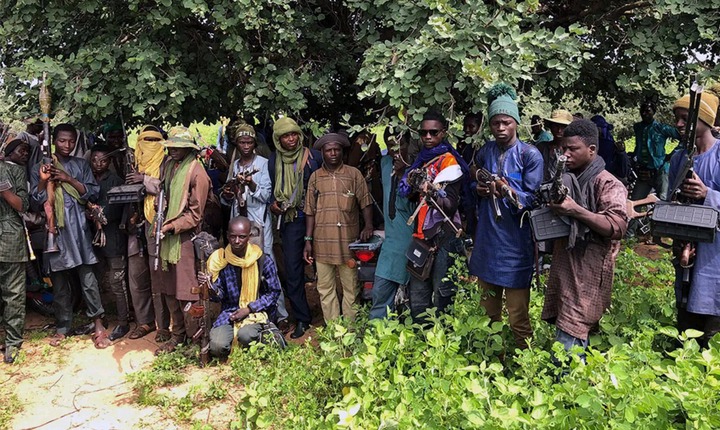
According to Daily Post, Ado Aleru, a notorious bandit commander, has issued a stark warning that violent attacks carried out by his group will persist as long as society continues to brand them as terrorists. This statement emerged during a recent peace dialogue in Danmusa Local Government Area of Katsina State, according to counter-insurgency expert Zagazola Makama, who shared the developments publicly.…CONTINUE FULL READING>>>>
Speaking on behalf of his faction, Aleru attributed the deep-rooted insecurity to long-standing neglect, marginalisation, and systemic injustices suffered by pastoralist communities in the region. He argued that the ongoing conflict cannot be fully understood without acknowledging these underlying grievances.
Aleru was quoted saying, “If we continue to be labeled terrorists, do not expect us to stop behaving like terrorists.” He emphasized that the derogatory term only serves to deepen divides and hinder genuine reconciliation efforts between communities and authorities.
Highlighting the plight of many young men engaged in banditry, the leader explained that violence is not their inherent nature but rather a desperate response to the harsh socio-economic realities they face. “Our parents do not approve of what we are doing, and deep inside, neither do we. We long for a peaceful return to the past, when farmers and herders coexisted with mutual respect, and security forces carried out their duties without prejudice,” he lamented.
The peace dialogue held in Danmusa is part of a broader initiative led by local government officials and security agencies aimed at tackling the ongoing security challenges in Nigeria’s North-West region. These talks are designed to promote understanding, address root causes, and foster sustainable peace after years of violence that have devastated communities.
Aleru’s candid remarks underscore the complex nature of the crisis, revealing that simplistic labels may only perpetuate cycles of violence rather than resolving them. As efforts toward peace continue, it is clear that any long-term solution must include addressing the socio-political and economic marginalisation faced by affected groups.
The dialogue represents a crucial step in bridging gaps and creating pathways for coexistence amid one of the country’s most persistent security crises.ONTINUE FULL READING>>>>
